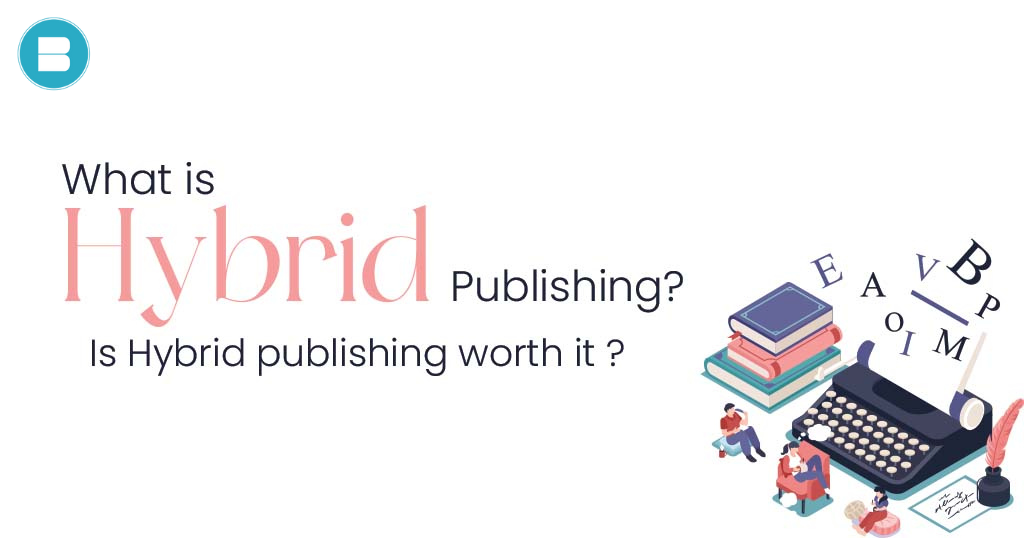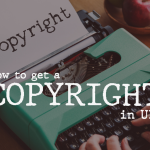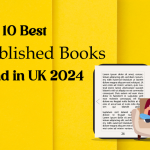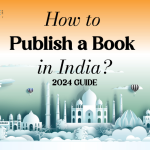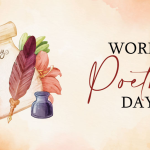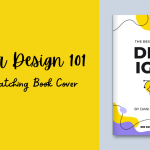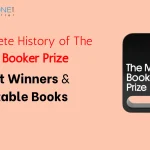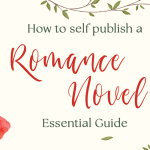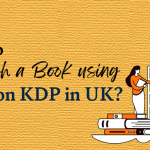Hybrid publishing is a revolutionary approach to the age-old process of getting published. With this new model, authors can combine the best aspects of traditional publishing with the flexibility and freedom of self-publishing.
The hybrid model works like this: an author submits their manuscript to a publisher for consideration. If accepted, the publisher will work with the author to develop and produce the book, including editing, design, and distribution. Unlike traditional publishing, the author is responsible for contributing to the cost of these services.
This shared financial investment allows authors to have more control over their book’s production and marketing, as well as potentially earning higher royalties than with traditional publishing.
Read: Here’s a complete guide on how to self-publish a Book in India!
Hybrid publishing gives authors more control over their work and the publishing process. They can choose the specific services they want from the publisher, rather than being tied to a one-size-fits-all package. Additionally, authors can benefit from the publisher’s industry knowledge and experience, which can help them to produce a higher quality book and reach a wider audience.
Some hybrid publishers offer a range of services, from editing and design to marketing and distribution. Others may focus on specific aspects of the publishing process, such as editing or marketing. It is important for authors to consider their specific needs and goals when choosing a hybrid publisher.
Some authors may be more interested in receiving support in marketing and distribution, while others may be more concerned with developing a high-quality manuscript.
Another important consideration when choosing a hybrid publisher is the quality of the services they offer. Authors should look for publishers who have a track record of producing high-quality books and who work with experienced professionals in editing, design, and marketing. This can help ensure that the author’s book receives the attention and care it deserves.
Here are some considerations regarding hybrid publishing to help you make an informed decision:
- Determine your objectives: What are your book’s objectives? Do you want to make money? Do you want to grow your audience? Do you want to be known as an expert in your field? Knowing your goals can help you decide whether hybrid publishing is good for you.
- Consider your financial situation: Because hybrid publishing can be more expensive than self-publishing, it’s critical to understand your budget and how much you’re willing to invest in the production of your book.
- Prospective hybrid publishers should be extensively investigated. Look for publishers with a track record of generating high-quality books and who collaborate with competent editors, designers, and marketers. Examine reviews and ratings, and seek advice from other authors.
- Contracts and agreements should be thoroughly reviewed before signing on with a hybrid publisher. Make certain that you comprehend the terms and conditions, including any fees and the services that will be offered.
- Assess the level of support: Consider how much assistance you will receive from the hybrid publisher. Will they help with marketing and distribution? Will they assist you in developing your manuscript? Will you be able to work with an editor or a designer? Check that the degree of assistance provided corresponds to your goals and needs.
- Determine your level of involvement: Hybrid publishing necessitates a greater amount of author involvement than traditional publication. Determine how active you want to be in the publication process and ensure that the hybrid publisher you choose allows you to be as involved as you want to be.
You can make an informed judgment about whether hybrid publishing is good for you and your book if you examine these tips.
Is hybrid publishing really worth it?
The benefits of hybrid publishing are numerous. For one, it allows authors to have more control over their work and the publishing process.
They can select the specific services they want from the publisher, rather than being tied to a one-size-fits-all package. Additionally, authors can benefit from the publisher’s industry knowledge and experience, which can help them to produce a higher quality book and reach a wider audience.
Read: Learn complete difference between Self-Publishing and Traditional Publishing.
Another major benefit of hybrid publishing is that it can be a faster process than traditional publishing. This is because hybrid publishers typically have faster turnaround times than traditional publishers, which can be a significant advantage for authors who want to get their book out to the world as quickly as possible.
However, there are also potential drawbacks to hybrid publishing. One of the biggest concerns for authors is cost. Hybrid publishing can be expensive, and authors must be willing to invest in their book’s publication.
Additionally, not all hybrid publishers are created equal, and some unscrupulous publishers may take advantage of authors by charging exorbitant fees and providing subpar services.
Therefore, it is important for authors to carefully review any contracts and agreements before signing on with a hybrid publisher.
Despite these potential drawbacks, hybrid publishing can be a viable option for authors who are willing to invest in their book’s publication and take an active role in the publishing process. For example, authors who want to retain creative control over their work may find hybrid publishing to be a better fit than traditional publishing, which can sometimes be more restrictive.
Additionally, authors who want to establish themselves as a brand and build a following may benefit from the additional marketing support that many hybrid publishers offer.
Ultimately, whether or not hybrid publishing is worth it depends on a variety of factors, such as the author’s goals, budget, and level of involvement in the publishing process. If an author is willing to do their research and choose a reputable hybrid publisher, they may find that hybrid publishing is a worthwhile investment in their writing career.
Read: Here’s a list of Best Psychology Books to reda on Kindle unlimited.
In conclusion, hybrid publishing has opened up new opportunities for authors to take control of their publishing journey while still receiving the support of a professional publishing team. However, it is important for authors to approach hybrid publishing with caution, thoroughly research any potential publishers, and carefully evaluate whether it is the right fit for their goals and budget.
With the right approach, hybrid publishing can be a valuable option for authors looking to publish their work and establish themselves as a brand in the competitive world of publishing.
Publish your book for free with BlueRoseONE and become a bestselling author. Don’t let your dream of becoming an author fade away, grab the opportunity now and publish your book – be it fiction, non fiction, poetry or more.
You may also like: Fantasy Books complete publishing guide in India 2024

